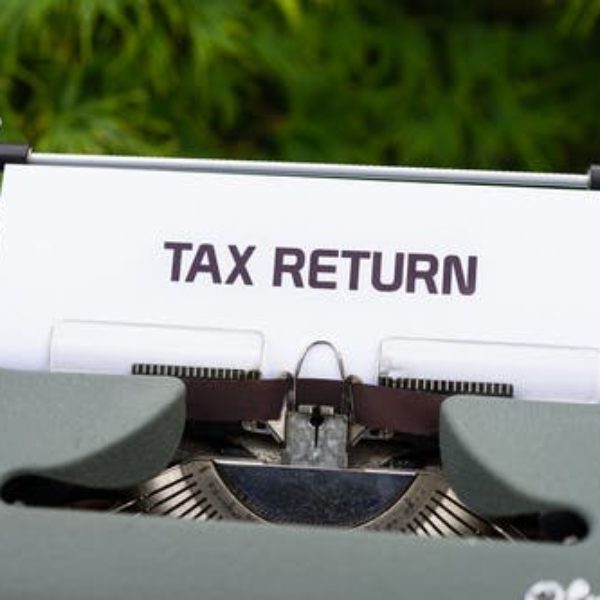
REAL ESTATE INVESTOR TAX NEWS
The Tax Cuts and Jobs Act made dozens of changes to the tax code. Many real estate investors will be impacted by these changes. A highlight of the changes follows:
Tax deferred exchanges. The tax deferred exchange rules in Section 1031 will only apply to real property. Personal property, such as furnishings or other five-year or seven-year property, can no longer qualify under the tax deferred exchange rules.
This change means that some gain will be taxable, to the extent of gain on the personal property disposition, at your otherwise tax deferred exchange. If you had a cost segregation study on your property when you acquired it, you will probably need another study when you exchange the property to determine the gain on the personal property disposition.
Bonus depreciation. The new tax reform law temporarily increases the 50% bonus depreciation allowance to 100% for qualifying property placed in service after Sep 27, 2017 and before Jan 1, 2023. A phaseout of the deduction begins Jan 1, 2023. The new law also removes the requirement that the original use of qualified property must begin with the taxpayer. Generally, property with a useful life of 20 – years or less qualifies for bonus depreciation. The building itself does not qualify.
This change means, for example, that if you want to repave your office building parking lot or replace the fencing for your apartment building, the cost may be 100% deductible in 2018 (rather than 50% in 2017). Without this provision, you must depreciate over 15 years the cost of the parking lot and fencing.

Section 179 expensing. The new tax reform law increases the Section 179 expensing amount to $1 million and the investment limitation to $2.5 million and expands property that qualifies for the expensing deduction. Additional real property, such as a roof or heating and air condition system for non-residential property, can qualify for the Section 179 expensing. Furnish used in residential rental property now qualifies for Section 179 expensing. Without this provision, you must depreciate capital items purchased for the rental. Any Section 179 expensing is recaptured as ordinary income, the extent of the gain, at the sale of the property.
This change means that you may expense, subject to the limits above, the cost of a new roof on your shopping center building or a new furnace in your office building. It also means that you can use Section 179 expensing on appliances, carpeting, and window covering purchased for your apartment building.

Depreciation. The new tax reform law did not change depreciation on buildings. Depreciation on a residential rental building is still calculated using a 27 ½ year life. Depreciation on a non-residential building is still calculated using a 39-year life.
New 20% rental income (QBI) deduction. The new tax reform law allows noncorporate taxpayers to deduct up to 20% of domestic qualified business income from an S Corporation, partnership, LLC, sole proprietorship, or farm. In some situations, net rental income can qualify for some or all of the 20% deduction. A limitation applies based on wages paid. The wage limitation doesn’t apply if your taxable income on the Form 1040 is less than $157,500 ($315,000 for a married filing joint couple). If your taxable income is above the threshold numbers, the 20% deduction cannot exceed 50% of wages paid for the rental property, or 25% of wages paid plus 2.5% of basis of the property used in the rental. Since most rental property owners do not pay wages, but rather contract with management companies, the 2.5% of basis calculation is the most useful.
This change means, in the most general terms, that you may be entitled to a new deduction against your net rental income. For example, you have net rental income of $40,000 from your apartment building and your taxable income is than the $315,000 threshold for a married filing joint couple. You may qualify for a new $8,000 deduction (20% of $40,000). Instead you have $40,000 of net rental income and your taxable income is well above the threshold numbers. You pay no wages for the rental property. Your deduction will be limited to the lesser of 20% of the net rental income or 2.5% of the basis of the apartment building. If the basis of the building is $300,000, this new law deduction is $7,500.
Passive activity rules. The passive activity rules were not changed in the new law. A rental is a passive activity and passive activity losses are limited to passive activity income. In other words, if your rental property loses money and you have no other money-making passivity activities, your rental loss is suspended to the next year(s) until you either sell the property or have net income operating the rental. An exception applies to the passive activity rules for a real estate professional.

Consult with your tax accountant for your personal situation.
Melissa Zimmermann, Enrolled Agent and REALTOR
An Investment You Can Live In










